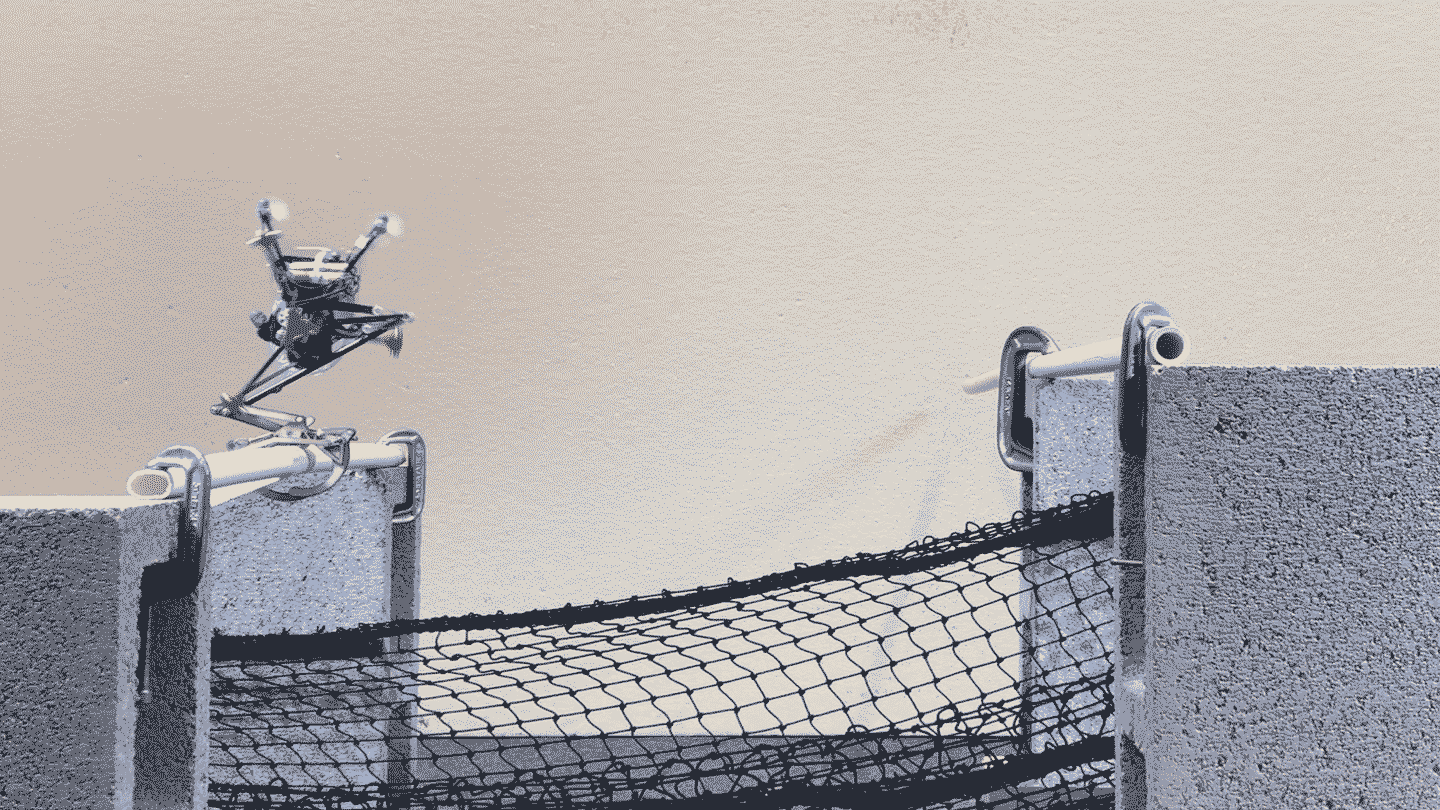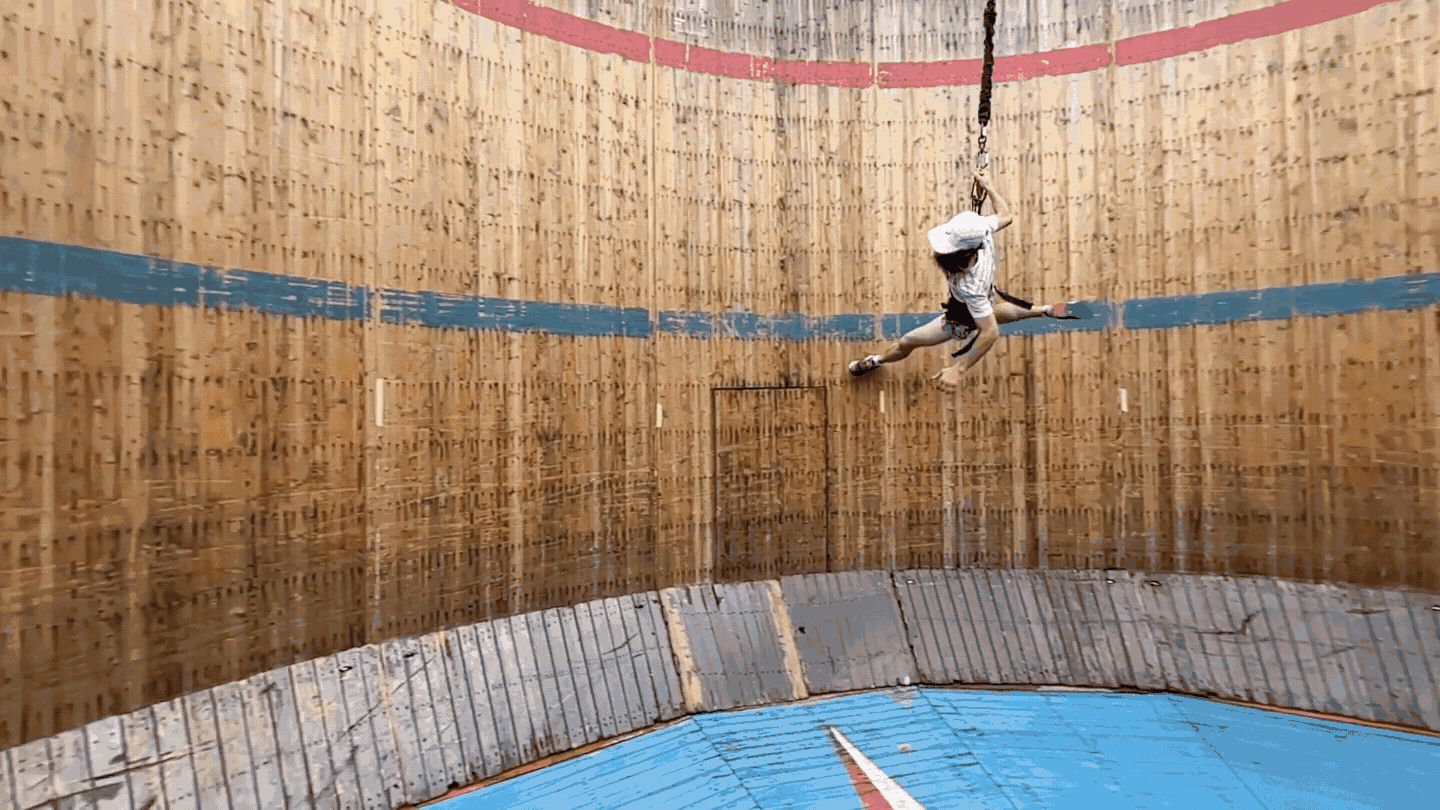
Meghan Rosen is a staff writer who reports on the life sciences for Science News. She earned a Ph.D. in biochemistry and molecular biology with an emphasis in biotechnology from the University of California, Davis, and later graduated from the science communication program at UC Santa Cruz. Her work has appeared in Wired, Science, and The Washington Post, among other outlets. Once for McSweeney’s, she wrote about her kids’ habit of handing her trash, a story that still makes her (and them) laugh.

All Stories by Meghan Rosen
-
 Animals
AnimalsRNA from mummified woolly mammoth is the oldest ever recovered
Genetic details from the animal, named Yuka, give a snapshot into its last moments alive. The mammoth had been preserved in permafrost for 40,000 years.
-
 Chemistry
ChemistryStructures that work like Hermione’s magic handbag land a chemistry Nobel
Richard Robson, Susumu Kitagawa and Omar Yaghi developed these metal-organic frameworks, which can trap pollutants, collect water from air and more.
-
 Health & Medicine
Health & MedicineMultiple-snake antivenom comes from blood of man bitten 202 times
Tim Friede built immunity to snake venoms through bites and venom injections. His blood proteins now offer antivenom protection against 13 types of snakes.
-
 Tech
TechThis squirrel-like robot has some serious hops
Salto the jumping robot has a claw-like gripper. Like a squirrel, it can adjust its movement to help it stay balanced to stick a landing on "branches."
-
 Health & Medicine
Health & MedicineThree U.S tick species may trigger a mysterious red-meat allergy
This little-known allergy, known as alpha-gal syndrome, is potentially deadly. Here’s what we know about it — and how to avoid the tick bites that seem to cause it.
-
 Animals
AnimalsDire wolves or not, these pups could help counter extinction
Some question if these are just gene-tweaked gray wolves. Still, the tech behind the new "dire wolves" might help some living at-risk species avoid extinction.
-
 Artificial Intelligence
Artificial IntelligenceAI-designed proteins target toxins in deadly snake venom
The current way to produce antivenoms is outdated. In lab tests, AI-designed proteins could save mice from a lethal dose of snake toxin.
-
 Climate
Climate2024 set new record for hottest year, passing a dangerous heat threshold
For the first year in recorded history, Earth’s average temperature topped 1.5 degrees Celsius above preindustrial levels.
-
 Chemistry
ChemistryPredicting and designing protein structures wins a 2024 Nobel Prize
A biochemist and two computer scientists using AI shared the top award in chemistry.
-
 Humans
HumansRain Bosworth studies how deaf kids experience the world
This deaf experimental psychologist has found that babies are born ready to learn sign language, just like spoken language.
-
 Physics
PhysicsForget moon walking, lunar visitors. Try horizontal running
Researchers took over the Wall of Death, an amusement park attraction, to test out how astronauts might keep their strength up on the moon.
-
 Animals
AnimalsCats play fetch — but only when they feel like it
Most cats that play fetch pick up the behavior on their own, a study finds. And those felines tend to dictate when fetching sessions begin and end.